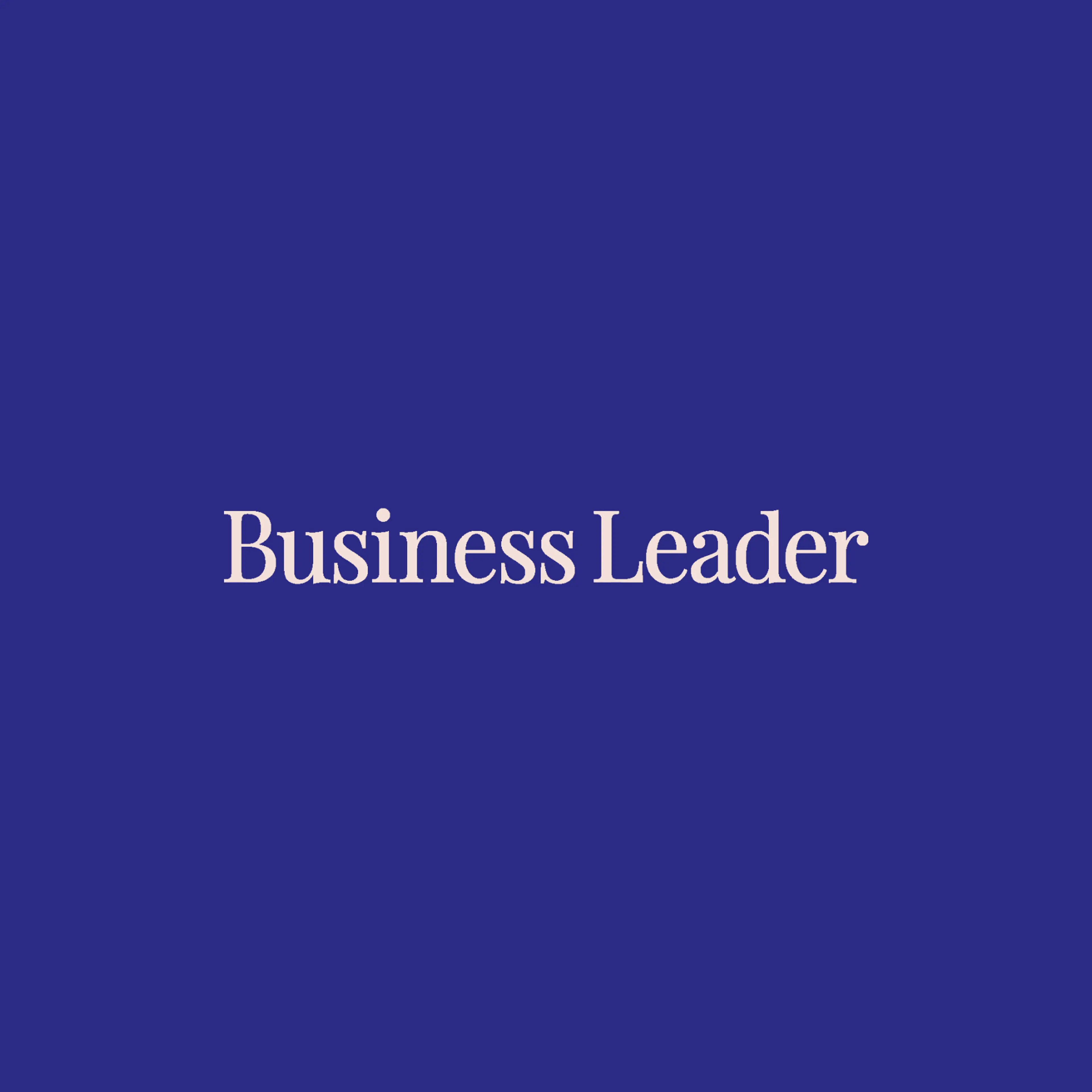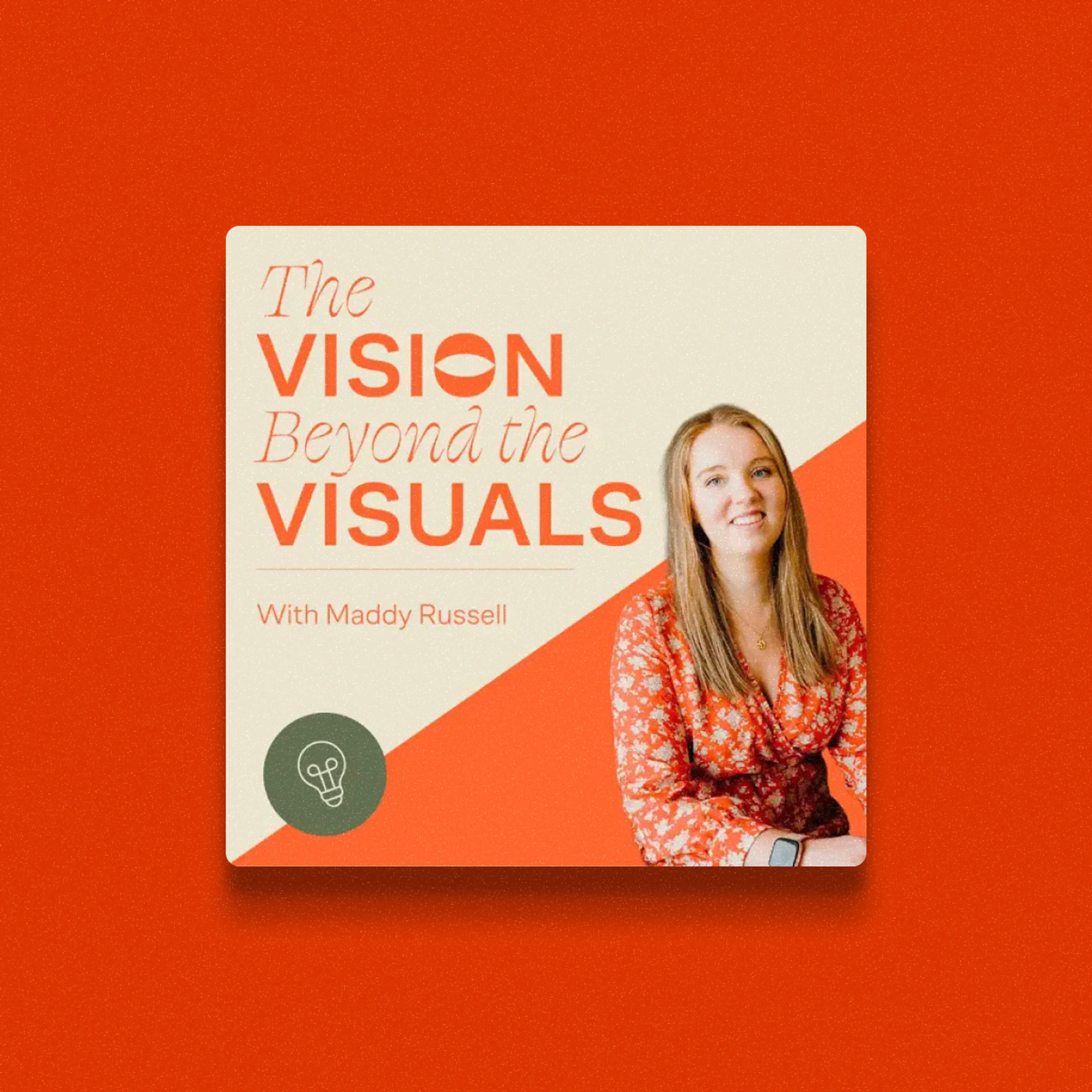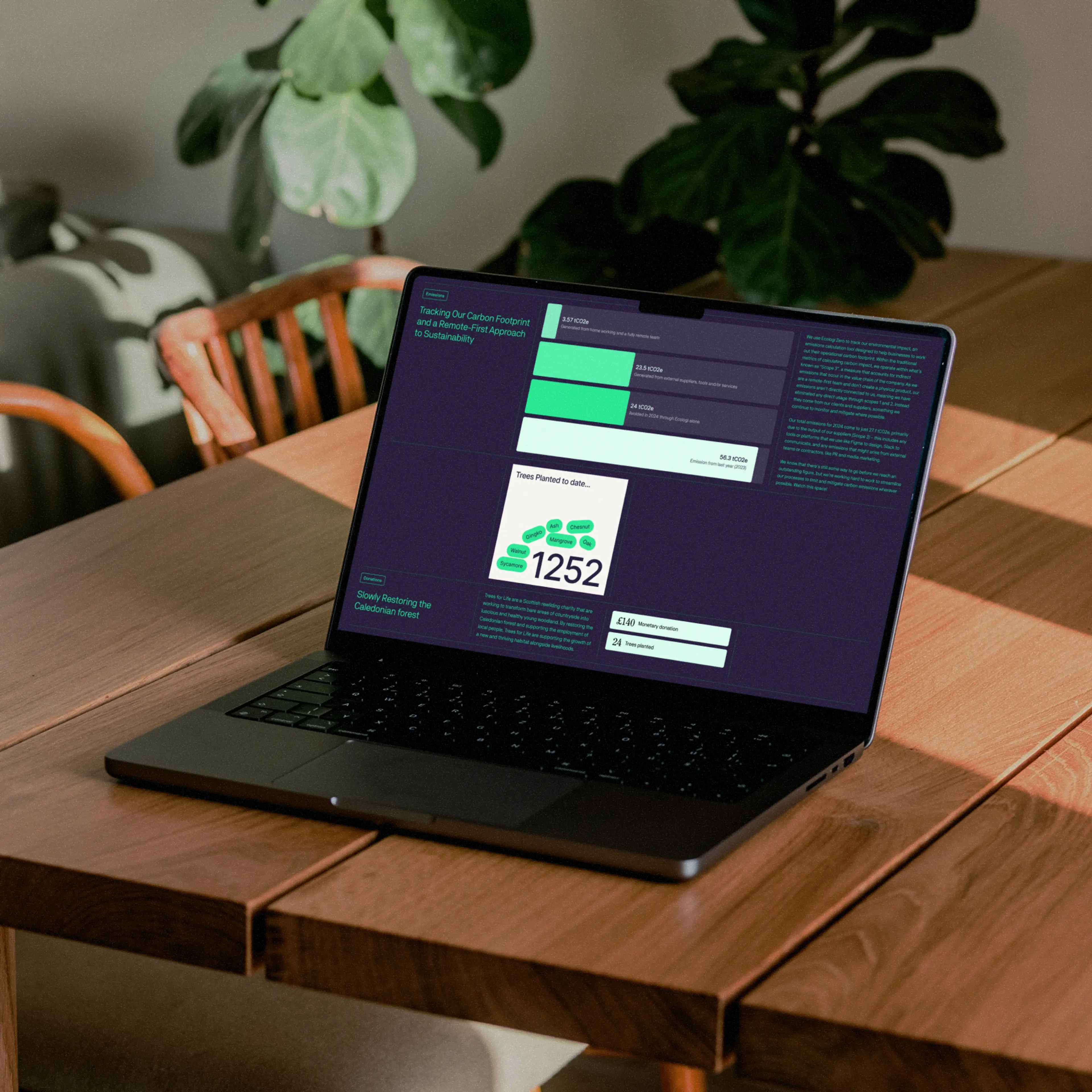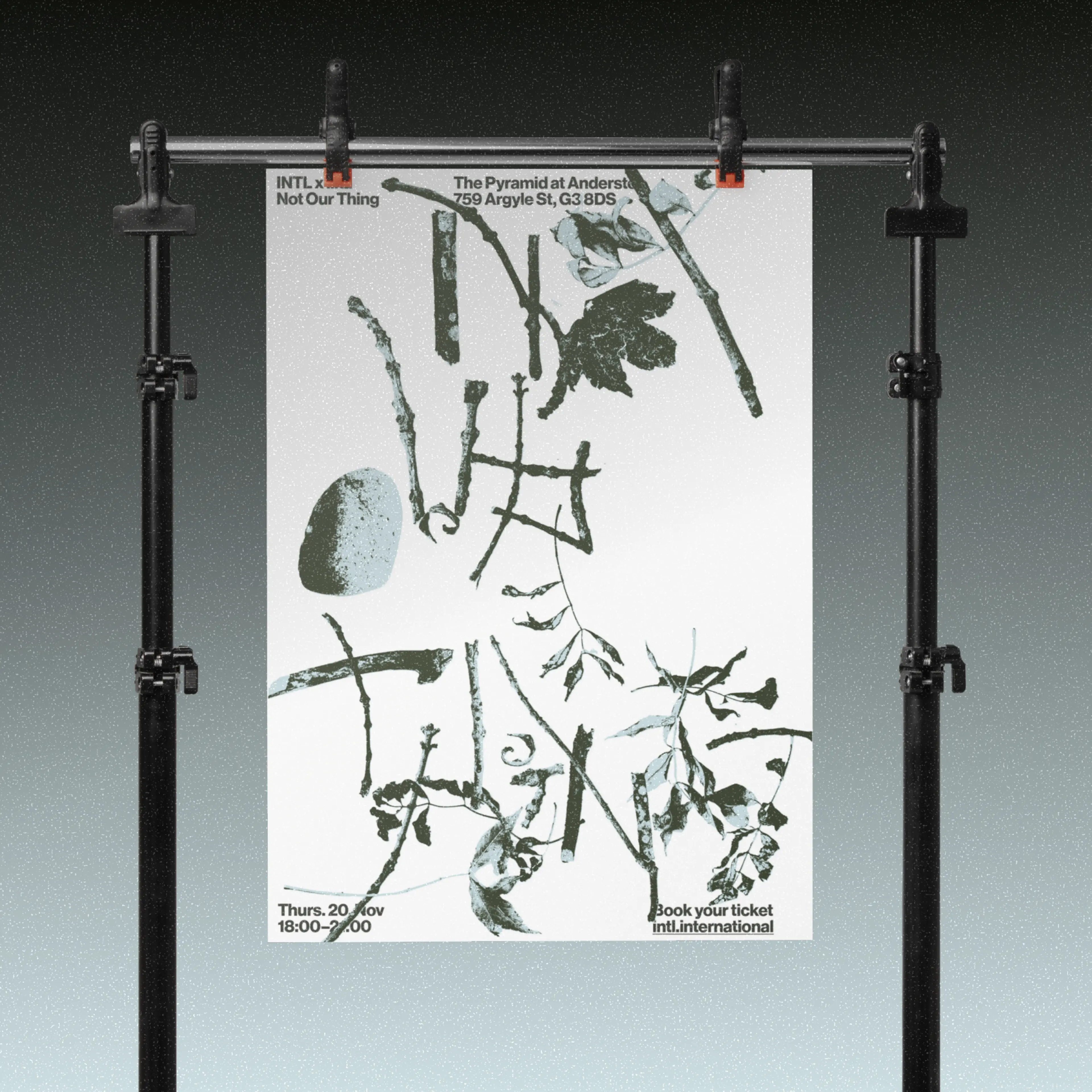The final Creative Roundtable of 2022 aligned luck with opportunity, exploring what it means to shape an industry, and workplace, that nurtures a culture of trust, change, and good fortune.
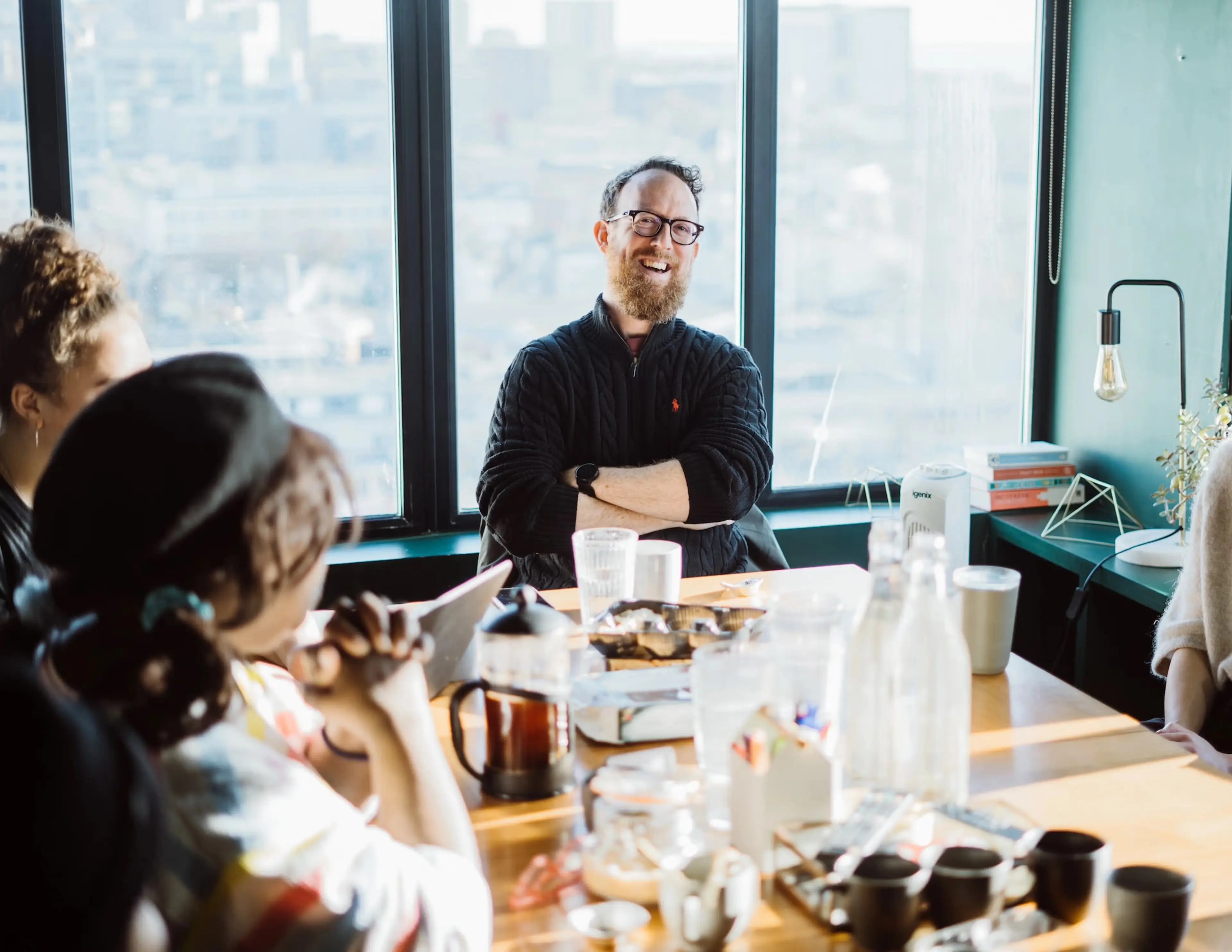
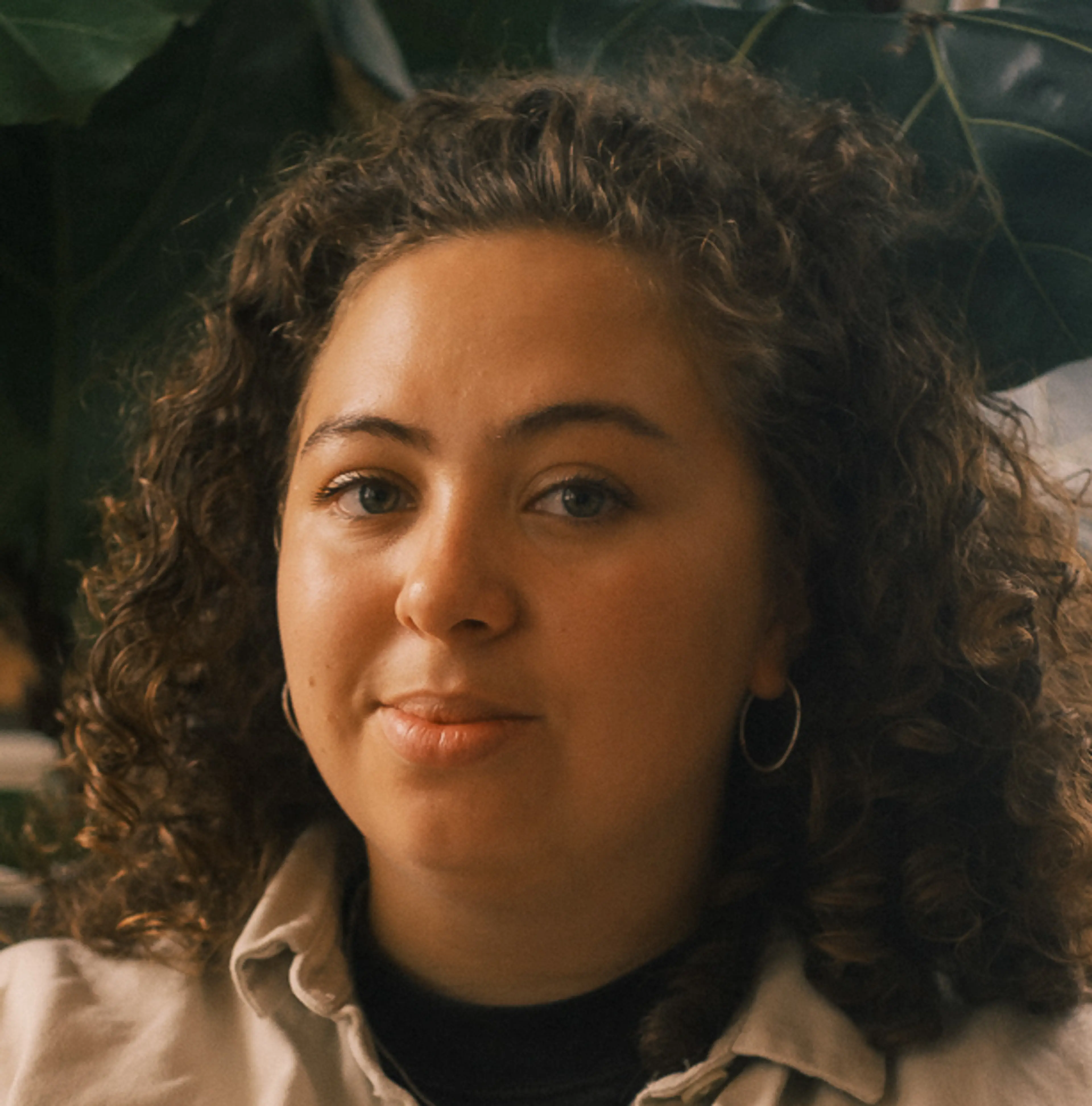
Elsa Monteith
Communications
We’re advocates for crowdsourced solutions, showcasing the valuable insights and advice live and direct from the community that generates them. The final Creative Roundtable of 2022 aligned luck with opportunity, exploring what it means to shape an industry, and workplace, that nurtures a culture of trust, change, and good fortune.
What’s luck got to do with it?
Call it superstition, magic, or good old fashioned sorcery, the creative industry is laced with both luck and perceived misfortune, an unpredictable series of chance encounters mixed in with those hard earned opportunities we seem to find ourselves endlessly chasing. With the help of six sharp minds, we unpack the mystery of luck, exploring what it means to a community of people with different lived experiences, and find new ways to harness the power of good fortune to generate exciting new opportunities for ourselves and those around us.
🐈⬛ Good luck and good fortune – what’s the difference?
The age old tale of hard work leading to record smashing results has been overturned. By reframing “good luck” as “good fortune”, we can give credit to the hard work that goes into shaping a circumstance ripe for opportunity, whilst acknowledging how good luck is often mastered by society’s understanding of those worthy of success.
✍ Privilege skews equal opportunity.
It’s important that we remain mindful of the context of our opportunities and good fortune – “luck” historically favours the white, male, cis, and abled, a culture that’s erased the marginalised communities that are the bedrock of the creative industry. Let’s readdress the gap.
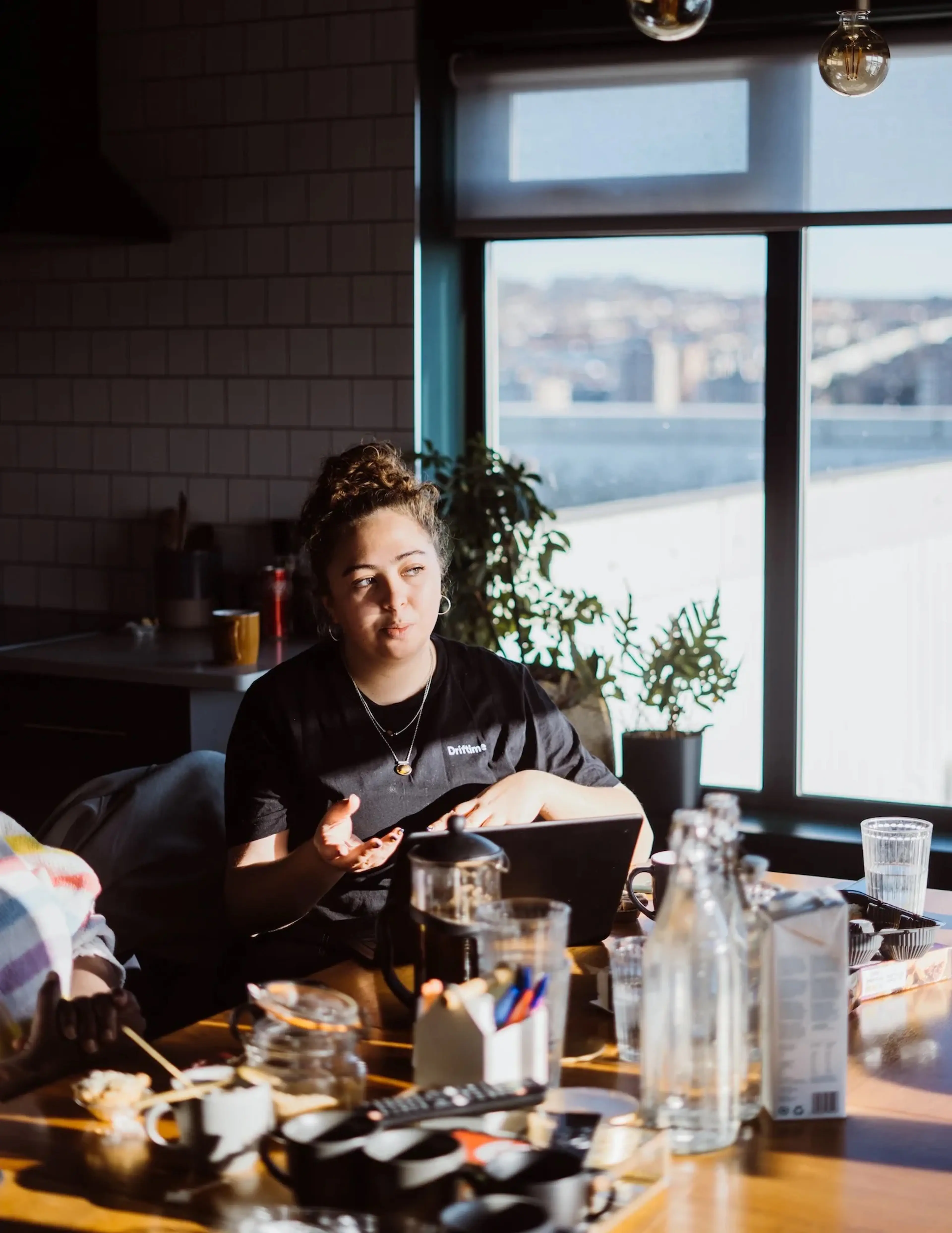
What does it mean to trust the process?
There’s something off putting about surrendering yourself to the wrath of chance, but when it comes to both creativity and business, we recognise the importance of process over outcome. Artificially cultivating cold leads won’t always give you a return, but the process of building a framework that invites inbound business could make that crucial difference. Predictability has a universal pull – we are drawn to what we can rely and depend upon, but leaning into the unknown can pay dividends.
🗺 We will all end up where we need to be.
Navigating an ever-changing creative industry is no mean feat. We’re not just letting life (and work) run its course, we’re forecasting a successful future and actively manifesting dream opportunities.
⏳ Time is the secret ingredient.
As an industry, we need to pivot from short to long term thinking, shaping a mindset that places an emphasis on consciously working towards our goals. Playing the long game is an exercise in practising patience – delayed gratification is the new quick fix.
Is there such a thing as bad luck?
It’s all about context and perspective. The initial disheartenment often felt after a job rejection could spark a new approach and generate alternative options, or a long-awaited and meticulously planned event not living up to expectations could spur a change in outlook. What can first feel like disastrous bad luck could be a blessing in disguise, depending on where you’re standing. Serendipity or not, the question remains – can we rename “bad luck” as simply an “outcome”?
💥 Resilience in the age of rejection.
Perseverance is peddled to us as a desirable attribute, a personality trait that stands us in good stead for the inevitable peaks and troughs of working in the creative industries. It’s always a good time to practise resilience, reframing criticism as a guide for the next attempt – try aiming for 100 rejections and see how far you get.
🤞 Shifting mindset and leaning into optimism.
Bad luck is only bad luck if you describe it as such. The countless proverbs eulogising luck as “chance [that] favours the prepared mind”, or that “the only sure thing about luck is that it will change” speak to its universal profundity. Working with an optimistic mindset helps to set a base level appreciation for “outcomes” – who knows what the next cruel twist of fate will lead to?
- Louis Pasteur
- Wilson Mizner
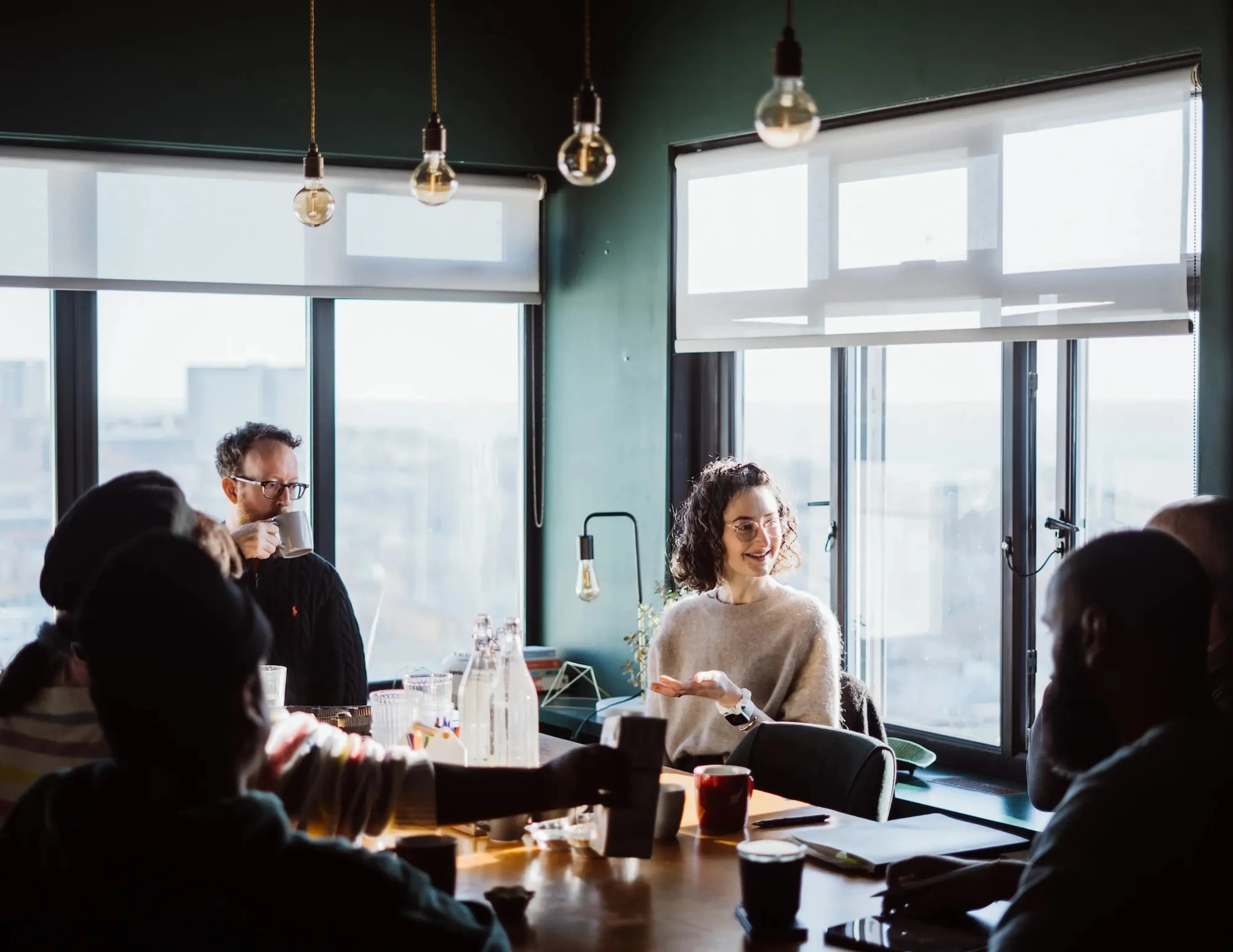
If we could do one thing to create luck and manifest opportunity, what would it be?
As the Creative Roundtable came to a close, we asked each participant to offer their perspective on what their actionable takeaway would be for creating luck in their own creative pursuits. Got something you think is missing from the list? Get in touch and continue the conversation at hello@driftime.com (mailto:hello@driftime.com)
- 👀 Hold a clear vision – if it gets too hard or takes too long, change it up. As important as it is to remain steadfast with our ambitions, we must stay in tune with our capacity for creating space and process ready for new opportunities. As soon as burnout looms, it’s time to duck out and rethink the approach.
- 🔥 Make connections and spark conversation. Telling people that you admire what they’re doing can take you all kinds of places. Sparking a conversation with someone who creates something you want to engage with can cultivate the most valuable asset we can get our hands on – human connection. Don’t underestimate the power of an authentically personal email.
- ✅ Don’t make decisions that just please people. Good fortune doesn’t heed to a rule book, and neither should you. Make decisions that your 5 year old self and 75 year old self would be proud of – if that means shaking the boat, then so be it.
- 🎲 Luck doesn’t necessarily relate to hard work. Remember that position, power, and privilege have a hand in good fortune. We can work tirelessly to create opportunities and shape a trajectory ready for all kinds of successes, but sometimes life is just unequal. Let’s take a stand and challenge structural discrimination to make good luck fair game.
- 🚨 Let’s get practical. We can redefine our behavioural patterns to encourage good fortune – writing personal outreach emails, archiving perspectives in articles, and advocating for our industry and identity through thought leadership helps us to explore our ambitions and connect with like-minded people. Think networking, but with purpose and intention.
- ⏳ Trust the process, but don’t stick to it. It feels counterintuitive to trust what you don’t know – the nature of the game is ever-changing, but for good reason. Try to let unpredictability drive you and inconsistency motivate you, adjusting your plan of action as things shift and change until something sticks.
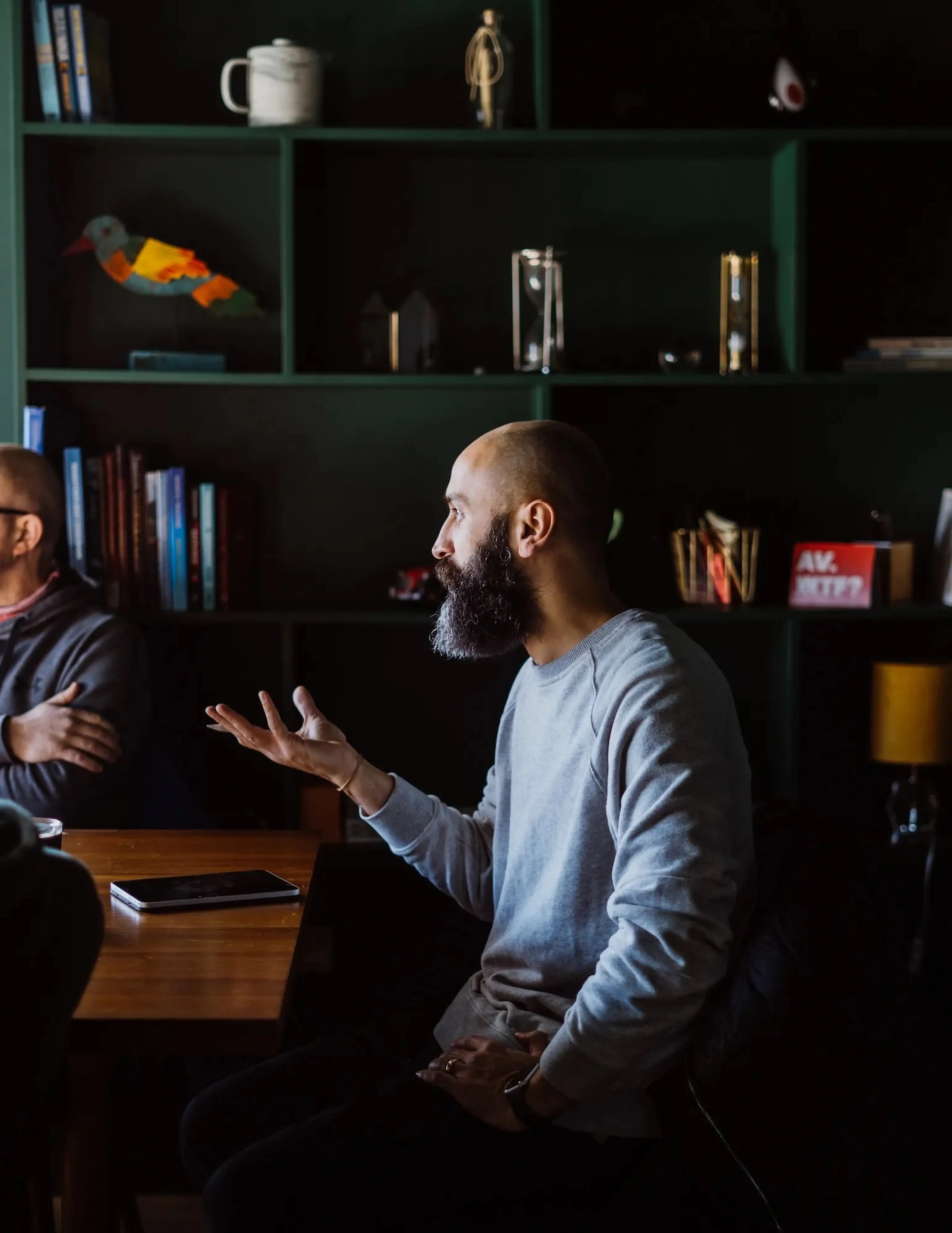
Had a bit of good (or bad) luck? We want to hear your perspective – share your thoughts and join our next Creative Roundtable. 🗣
With thanks to everyone at the Roundtable; Martin Edwards, John Foster, Rob Ashton, Allegra, and Driftime®.
